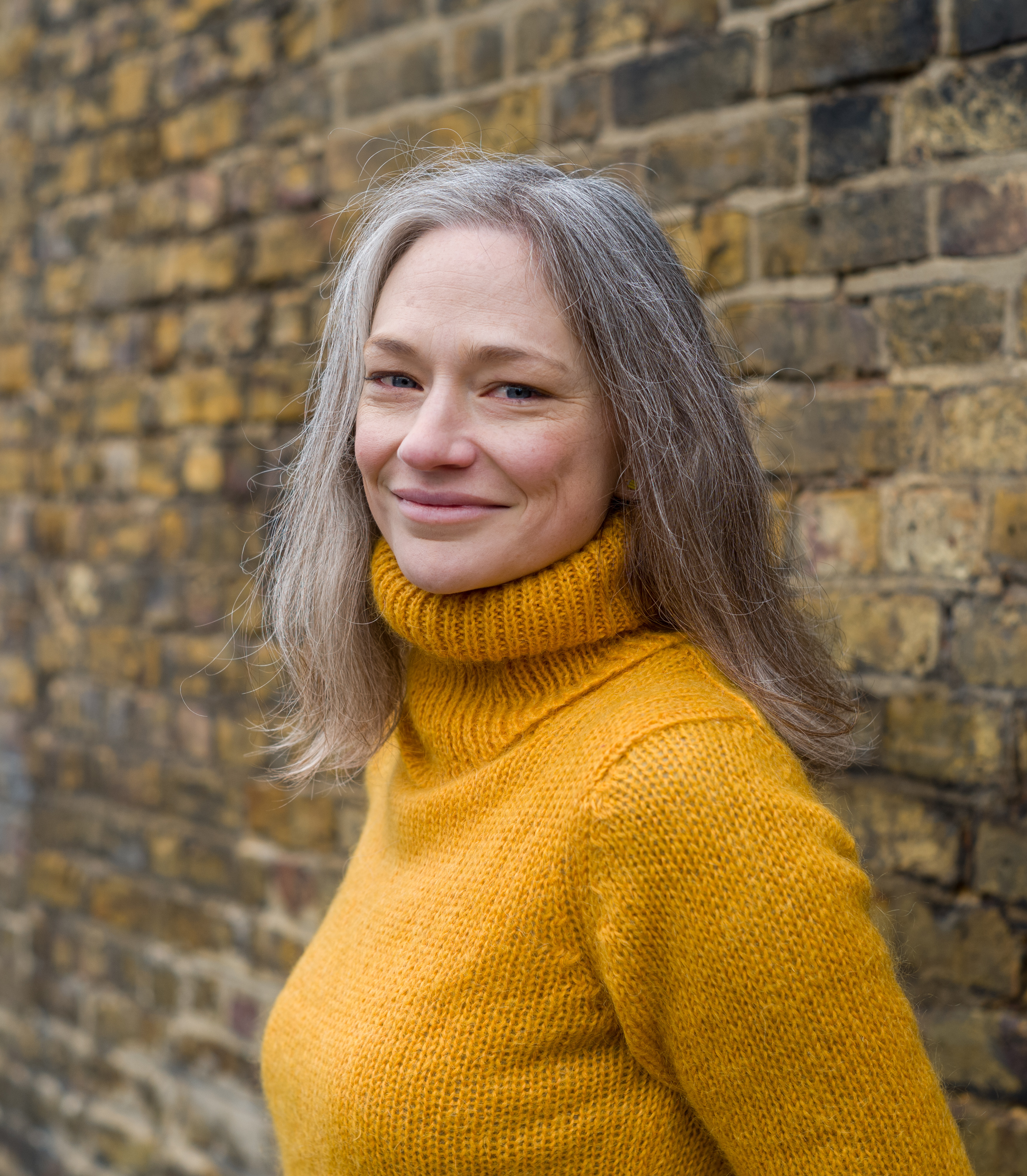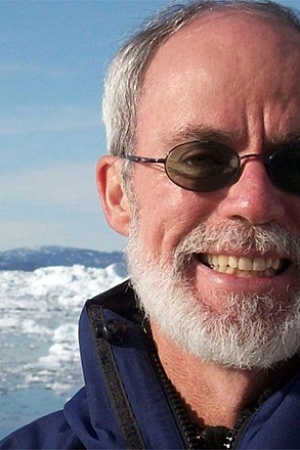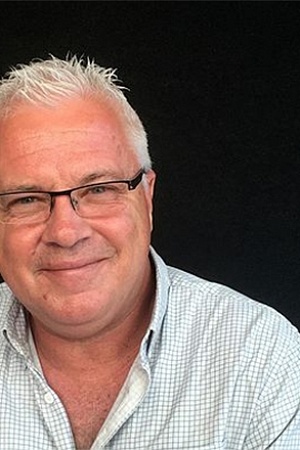Open Page with Francesca de Tores
 Francesca de Tores (credit Andrew North)Francesca de Tores is a novelist, poet, and academic. Saltblood is her first historical novel. Writing as Francesca Haig, she is the author of four previous novels, published in more than twenty languages. In addition to a collection of poems, her poetry is widely published in journals and anthologies. She grew up in lutruwita/Tasmania and, after fifteen years in England, is now living in Naarm/Melbourne.
Francesca de Tores (credit Andrew North)Francesca de Tores is a novelist, poet, and academic. Saltblood is her first historical novel. Writing as Francesca Haig, she is the author of four previous novels, published in more than twenty languages. In addition to a collection of poems, her poetry is widely published in journals and anthologies. She grew up in lutruwita/Tasmania and, after fifteen years in England, is now living in Naarm/Melbourne.
If you could go anywhere tomorrow, where would it be, and why?
Ithaka, the most perfect Greek island, to float in the turquoise water. At least Ithaka has literary links, so I could pretend that I was going there as a Homeric pilgrimage and not to drink wine in the sun.
Continue reading for only $10 per month. Subscribe and gain full access to Australian Book Review. Already a subscriber? Sign in. If you need assistance, feel free to contact us.










Leave a comment
If you are an ABR subscriber, you will need to sign in to post a comment.
If you have forgotten your sign in details, or if you receive an error message when trying to submit your comment, please email your comment (and the name of the article to which it relates) to ABR Comments. We will review your comment and, subject to approval, we will post it under your name.
Please note that all comments must be approved by ABR and comply with our Terms & Conditions.